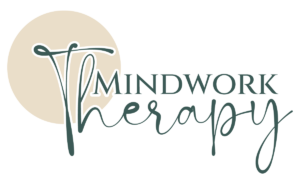
Individual Therapy
Therapist and Client work together to explore problems, identify areas of improvement, and set goals. Therapist tailors the approach and process to the individuals needs.
Help with a variety of issues, including:
Anger
Depression
Anxiety
Trauma Focused
OCD
Marriage and relationship challenges
Parenting problems
School difficulties
Career changes
Grief
Goal
Understand mental health diagnosis
Learn how to process overwhelming emotions
Changing harmful or unhelpful behaviors
Increase self-esteem
Enhance ability to form and maintain relationships
Improve coping skills
Promoting decision-making and personal potential
Support personal development
Benefits
Develop coping strategies
Overcome obstacles
Create positive change
Improved Communication
Emotional Healing
Self Awareness
Treatment Modalities
Cognitive Behavioral Therapy (CBT)
Helps people manage mental health conditions by changing how they think and behave. Effective for a range of problems including depression, anxiety disorders, marital problems and severe mental illness.
Helps identify and challenge unhelpful thoughts, learn self-help strategies and change their behavior.
Leads to significant improvement in functioning and quality of life
Facing fears instead of avoiding them
Learning to calm the mind and relax the body
Dialectical Behavioral Therapy (DBT)
Assists people in learning how to manage their emotions, learn acceptance and make positive changes in their lives. Focuses on four core skills: mindfulness, interpersonal effectiveness, emotional regulation and distress tolerance.
Build skills to improve relationships
Learn to make wise decisions about how to take action, rather than reacting
emotionally.
Helps people learn to accept their experiences and behaviors
Improve quality of life
Better emotional regulation
Increased self-esteem
Cognitive Processing Therapy (CPT)
Designed to treat post-traumatic stress disorder (PTSD) in people who have
experienced violence, abuse, natural disasters, or other traumatic events. Focuses on helping individuals process and cope with the effects of a traumatic event.
Addresses thoughts, feelings and behaviors related to the traumatic event.
Helps individuals identify and challenge unhelpful beliefs and assumptions.
Teaches skills for managing distressing emotions associated with trauma.
Effective in reducing PTSD symptoms, such as flashbacks, nightmares and avoidance. Helps individuals develop coping mechanisms for future stressors.
Provides a sense of empowerment and control over the effects of trauma.
